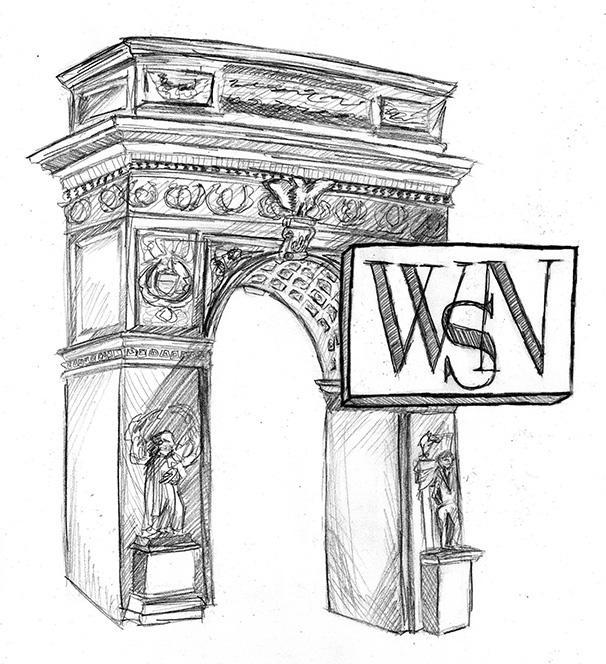The year 2020 marks the 10th anniversary of NYU Abu Dhabi’s campus. To celebrate, the university is planning various events that give members of the community the opportunity to share stories about their experiences. But it is doubtful that these events will include the darker aspects of the campus.
In its short history, NYUAD has been mired in controversy. During the construction of its campus, migrant workers were victims of wage theft, excessive work hours and other forms of labor abuse — all while being housed in “isolated, squalid encampments.” When the workers decided to strike against these conditions, they were brutally suppressed by police.
There have also been cases of restrictions on academic freedom. During the 2017-18 academic school year, Professor Lauren Minsky’s books for her class were censored by the United Arab Emirates government. In 2015, Professor Andrew Ross, an outspoken critic of labor conditions in the UAE, was barred from entering the country. In 2017, Professors Mohamad Bazzi and Arang Keshavarzian were also denied entry into the country because of their religion and the nature of their research. In the first two cases, NYU pushed back, claiming academic freedom was still unrestricted on campus.
NYU’s partnership with the UAE is deeply contradictory, considering the university’s own established guidelines on academic freedom. NYU’s faculty handbook says that “academic freedom is essential to the free search for truth and its free expression. Freedom in research is fundamental to the advancement of truth. Freedom in teaching is fundamental for the protection of the rights of the teacher in teaching and of the student in learning.”
How can NYU uphold these rules when its own professors are barred from entering the country and censored by the government?
This question is important in understanding why NYU is engaging in these shady practices. In a way, they are explained by the Board of Trustees’ connections and financial involvement with NYUAD.
WSN’s Editorial Board has written in the past on the problematic aspects of the Board, specifically on Khaldoon Khalifa Al Mubarak — a member of the Board of Trustees and CEO of the UAE’s sovereign wealth fund. Al Mubarak was a key figure in the creation of NYUAD and was directly complicit in the labor rights issues in the construction of the campus. Considering these elements, it is clear that Al Mubarak’s financial and governmental position contradicts the university’s supposed goal of supporting academic freedom of speech on the campus.
Despite these serious issues in both NYUAD and on the Board of Trustees, the only department to fully cut ties with NYUAD is the Arthur L. Carter Journalism Institute. The Gallatin School of Individualized Study’s faculty has also taken action, as its faculty voted to encourage colleagues not to teach or participate in Abu Dhabi classes or events. This begs another question — why haven’t more schools and departments severed ties with NYUAD?
To put it bluntly, it is unsurprising that NYU holds these problematic ties with NYUAD. Because of this, the onus must be on the individual schools and departments within the university to address these issues and to promote the highest form of academic standard and freedom. Cutting ties with NYUAD should come hand in hand with this.
A version of this article appeared in the Tuesday, Feb. 18, 2020 print edition. Email the Editorial Board at [email protected].


























































































































































